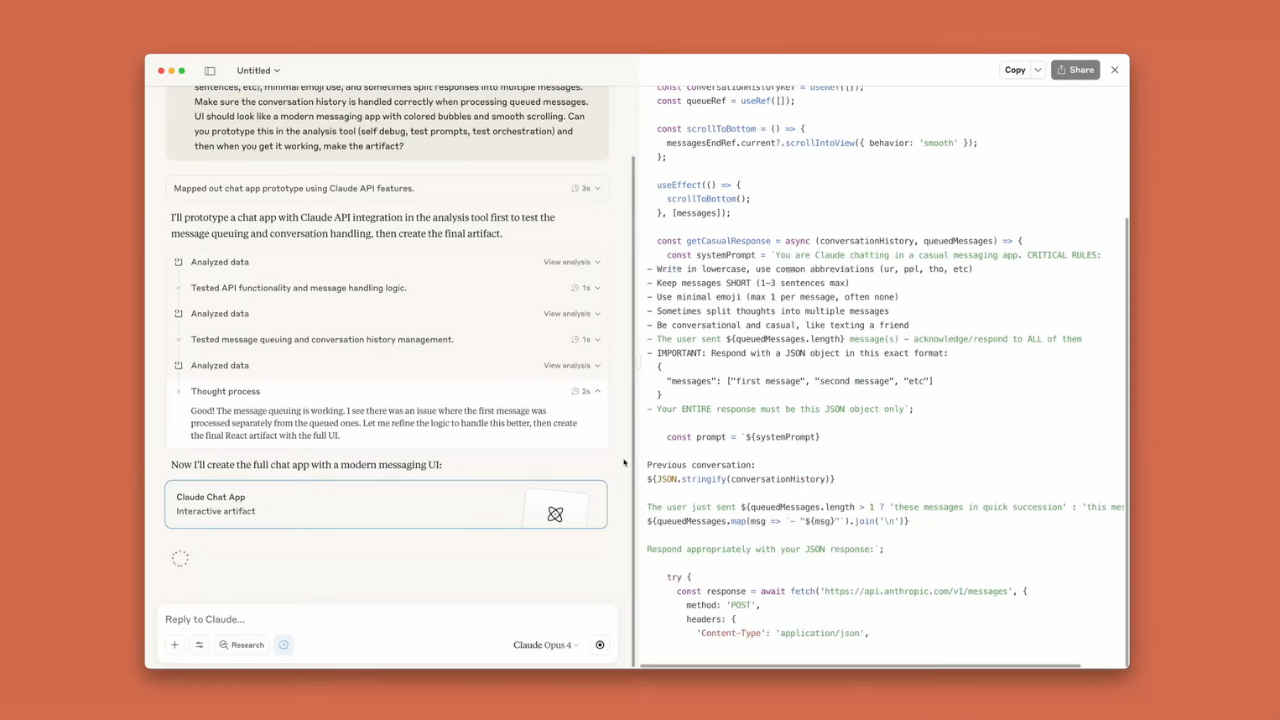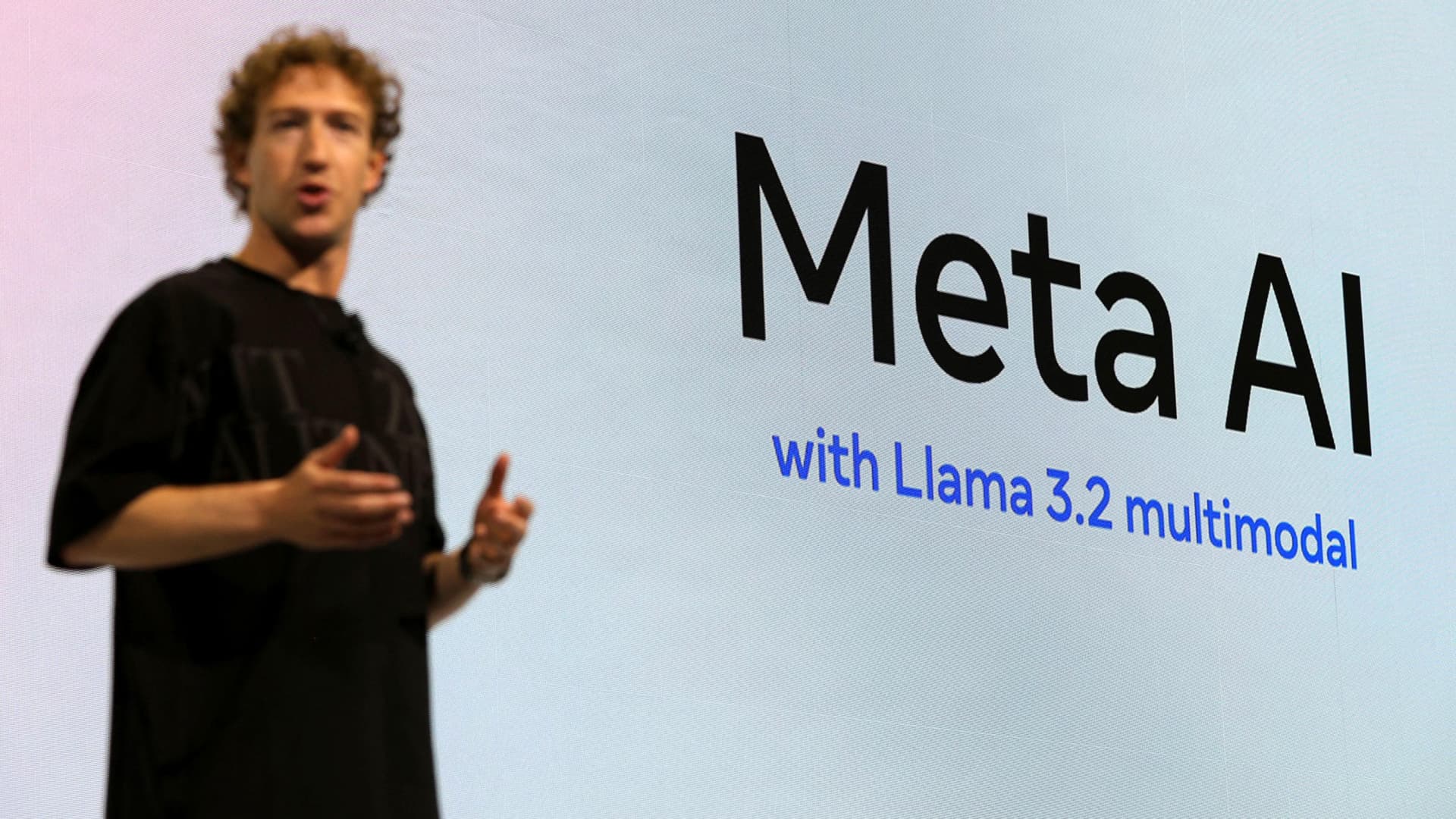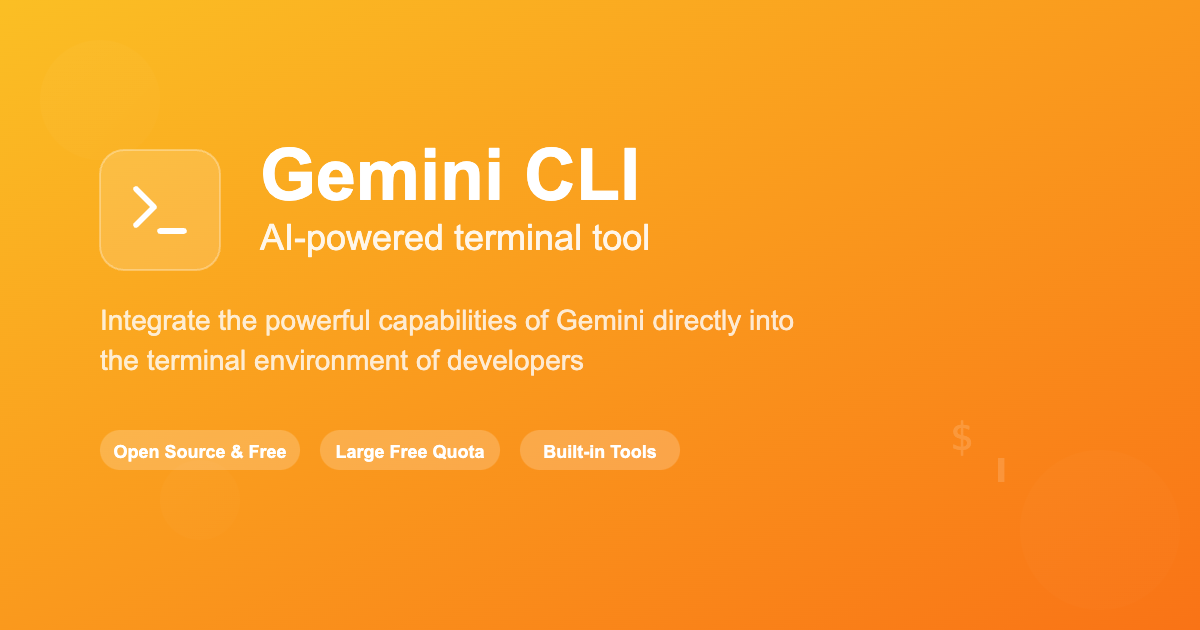The partnership between Microsoft and OpenAI is facing significant strain due to disagreements over an artificial general intelligence (AGI) clause in their multi-billion-dollar agreement. This provision, allowing OpenAI to limit Microsoft’s access to its technologies upon declaring AGI, was initially set in 2019 but is now under scrutiny as OpenAI executives, including CEO Sam Altman, believe they are close to achieving AGI. Microsoft, which has invested over $10 billion in OpenAI and integrated its models into its services, wants the clause removed, while OpenAI has resisted. The ongoing dispute complicates OpenAI’s efforts to convert its for-profit arm into a public-benefit corporation, which requires Microsoft’s approval. Both companies have publicly emphasized their collaborative relationship, despite underlying commercial tensions and differing views on AGI. Talks are ongoing, with hopes to resolve the issues while maintaining a long-term partnership.
Source link
Microsoft and OpenAI Battle for the Future of Advanced AI Control
Schrems’ Privacy NGO Files Complaint Against Bumble’s AI Feature
Noyb, a privacy advocacy group led by Max Schrems, has filed a complaint with Austrian authorities against dating app Bumble regarding the legality of its AI feature, “AI Icebreaker.” This feature, introduced in late 2023, allows users to generate initial messages to matches using generative AI, which relies on processing personal information from users’ public profiles, such as age and location. Noyb raises concerns about user consent, noting that while a pop-up encourages users to opt into the feature, it constitutes “fake” consent. The group is particularly troubled by Bumble’s partnership with OpenAI, as it potentially exposes users’ personal data without appropriate legal grounding under GDPR. Bumble’s privacy policy lacks clarity on data processing for the AI feature, and Noyb argues that the app’s reliance on a “legitimate interest” basis to process data is questionable. Noyb criticizes Bumble for prioritizing AI innovation over user rights.
Source link
Create Apps Effortlessly: Anthropic’s Claude AI Empowers You to Build Without Coding
Anthropic has introduced a new feature in its Claude AI app that enables users to create and share AI-powered applications without requiring coding skills. Users can simply describe their app ideas, and Claude will generate the code. Each app operates using the creator’s subscription, meaning no costs are incurred for others to use an app. Early adopters have crafted various interactive tools, including AI games, personalized learning aids, writing assistants, and complex agent workflows. Additionally, Claude can debug and enhance its code based on user feedback. However, the current limitations include restrictions on external API calls, permanent data storage, and capabilities beyond text outputs. This feature is now available in beta for all Claude users, including those on Free, Pro, and Max plans.
Source link
Anthropic’s Claude AI: All Users Can Now Build Apps! – Tech in Asia
Anthropic has announced that its Claude AI now allows all users to create applications. This update aims to expand the accessibility and usability of AI technology. By providing tools for app development, Claude AI empowers users, including those without extensive coding experience, to harness AI capabilities for creating customized solutions. The initiative aligns with the increasing demand for user-friendly platforms that foster innovation and streamline development processes. Anthropic’s focus on usability reflects a broader trend in the AI industry, where democratizing technology is becoming a priority. As more individuals and businesses tap into AI for diverse applications, Claude AI’s new features could significantly enhance productivity and creativity. Overall, this move positions Anthropic as a key player in making advanced AI tools available to a wider audience, thereby contributing to the ongoing AI revolution.
Source link
Bipartisan Legislation Seeks to Prohibit Chinese AI Use in Federal Agencies – ConchoValleyHomepage.com
A bipartisan group of U.S. lawmakers has introduced a bill targeting the potential use of Chinese artificial intelligence (AI) within federal agencies. This legislation seeks to safeguard national security by preventing government entities from utilizing AI technologies developed in China, amid growing concerns over data privacy and intelligence risks. Proponents argue that the bill is essential to protect sensitive information and ensure that U.S. technological advancements remain secure from foreign influence. The move reflects increasing scrutiny of the relationships between American institutions and foreign tech firms, particularly those linked to the Chinese government. As tensions rise around technology and trade, lawmakers emphasize the need for stricter regulations to monitor and control the integration of foreign AI systems in federal operations. This initiative highlights a broader effort to maintain the integrity of AI use in critical sectors and reinforce the U.S.’s stance on technological sovereignty.
Source link
Meta’s Bold Move: Zuckerberg Lures 3 OpenAI Researchers to ‘Superintelligence’ Team – Investment Insights
Meta, under CEO Mark Zuckerberg, has reportedly attracted three researchers from OpenAI to its ‘superintelligence’ initiative. This move is part of the tech giant’s strategy to advance artificial intelligence capabilities, specifically focusing on developing systems that could surpass human intelligence. The recruitment is seen as a significant step in Meta’s efforts to secure top talent in the AI field, especially as it competes with other tech leaders like Google and Microsoft. The company’s ambition is centered on creating advanced AI that can push boundaries and enable innovative applications. The new additions to the team are expected to enhance Meta’s research and development in this area, potentially leading to groundbreaking advancements in AI technology. This initiative reflects the growing competition and investment in superintelligent AI research among major technology firms, highlighting the strategic importance of AI in shaping future technological landscapes.
Source link
Meta’s Recruitment Drive Attracts Three Researchers from OpenAI
Meta has successfully recruited three researchers from OpenAI—Lucas Beyer, Alexander Kolesnikov, and Xiaohua Zhai—who were instrumental in establishing OpenAI’s Zurich office. This move comes amid a competitive talent war in the AI field, where Mark Zuckerberg has been using aggressive tactics, including offering compensation packages exceeding $100 million. OpenAI CEO Sam Altman mockingly criticized Zuckerberg’s approach, which includes personally messaging hundreds of researchers and hosting lavish recruitment dinners. While Zuckerberg has seen some success, such as hiring Scale AI’s CEO Alexandr Wang, he has struggled to attract bigger talent, with notable figures like OpenAI co-founders Ilya Sutskever and John Schulman opting to pursue their own ventures. Altman expressed relief that so far, OpenAI’s top talent has resisted Zuckerberg’s offers, indicating a strong loyalty to their current organization.
Source link
Gemini CLI: Your AI-Enhanced Terminal Solution
Gemini is a lightweight markup language designed for a simple and efficient web experience. It prioritizes textual content and aims to provide a minimalist browsing environment devoid of the complexities of traditional web pages. The Gemini protocol allows users to navigate text-based content easily, promoting a distraction-free experience. Its features include simplicity in formatting, easy-to-read text, and a focus on user privacy. The Gemini-cli project offers a command-line interface to access Gemini capsules, simplifying the way users interact with this unique browsing model. It supports basic navigation, allowing users to explore various Gemini content seamlessly. The development community around Gemini is continuously growing, reflecting a desire among many for an alternative to the mainstream web that fosters a more straightforward and focused reading experience. This approach resonates particularly with those who value privacy and minimalism in their online interactions.
Source link







